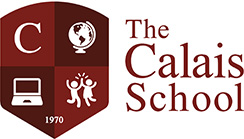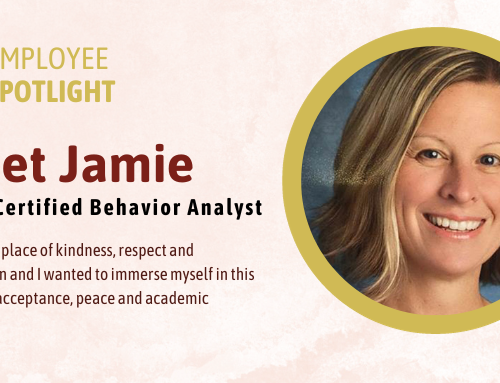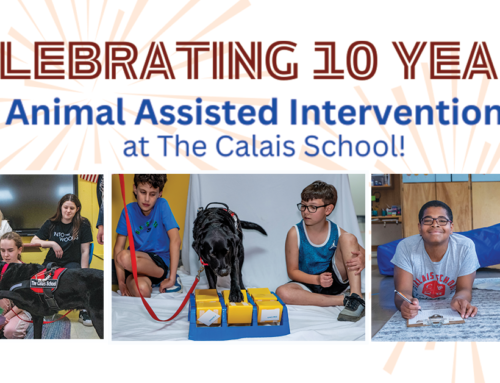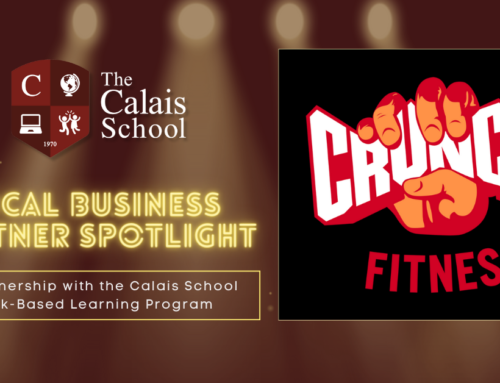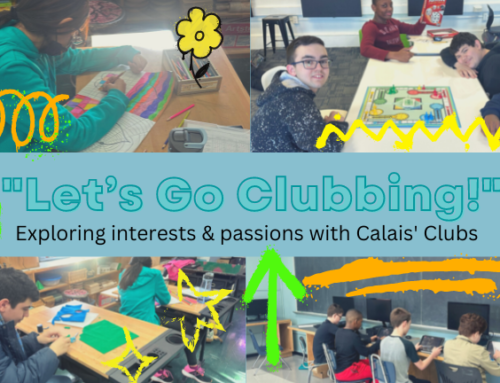Taking turns when speaking, using acceptable table manners, and waiting patiently in line are all examples of social conventions or norms. Social conventions are unwritten expectations about how people should behave in society. As children grow and develop they are often expected to acquire knowledge of social norms without being taught, gain understanding through observations of their environment. Rules are typically implicit, or unspoken. Difficulties with social skills are found in varying degrees across abilities, and disabilities. Children and young adults with developmental and language disorders use much of their attention processing and/or formulating language missing out on social conventions. This leaves them at a potential disadvantage, socially and vocationally, as they transition into adulthood. Knowledge and use of social conventions are critical for long-term success.
As part of the Speech and Counseling Programs at Calais students work to understand the importance of learning social conventions and increasing awareness of them. A great way for students to expand their knowledge is to give them real-world examples, incorporating video clips exemplifying these norms for students to model. Adults use their social skills in the workplace as well as in their community. Discussions may focus on what social skills they think their parents use in their everyday lives. Norms can change according to the environment, situation, and culture in which they are found, and people’s behavior will also change accordingly. Social norms may also change or be modified over time. This can cause confusion for students as they mature and learn to better navigate the world.
It can be helpful to present visuals of unfamiliar or novel environments students are expected to immerse themselves (i.e. field trip to a museum or first day on a college campus) and discuss expectations. In the school and community setting it may also involve shadowing students using verbal reminders, providing boundaries and then transferring that skill through strategies that promote self-monitoring and reflection. Strategies include developing questions to think about when entering a new setting or when transitioning between settings (i.e. recess to Math class), and encourage students to observe others in a new setting to gain knowledge of given social norms.
 973-884-2030
973-884-2030 